The Truth About 5G Safety: Understanding the Science
Written on
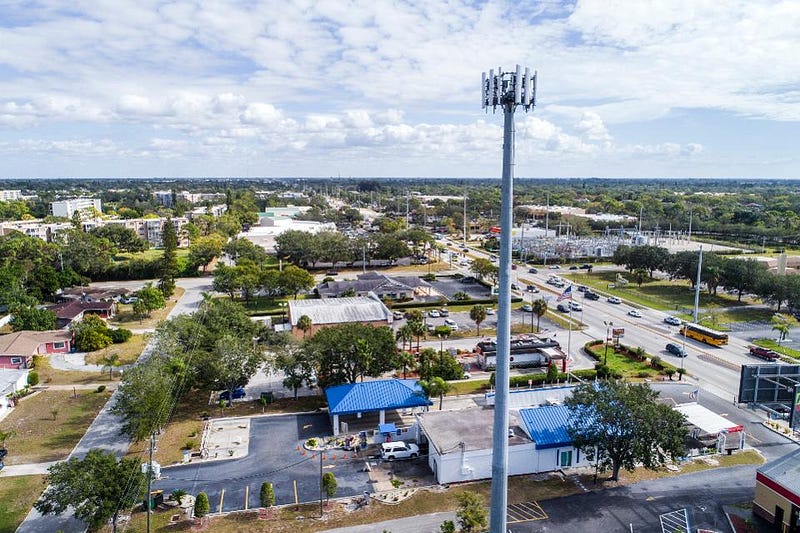
The emergence of 5G wireless technology is set to transform global connectivity. This next generation of mobile internet promises speeds that could reach up to 100 Gigabits per second, which is significantly faster than current 4G networks. As we transition from 4G, which has already made HD streaming and video calls commonplace, the introduction of 5G will enable even more advanced applications.
However, with each new advancement in wireless technology, there is often a surge of anxiety regarding potential health risks. Common concerns include:
- The unfamiliarity of human exposure to this level of radiation.
- The absence of definitive scientific proof that the new infrastructure is safe.
- The World Health Organization's classification of radio-frequency radiation (like WiFi) as "possibly carcinogenic."
- The call for a halt to 5G deployment until its safety can be guaranteed.
Fortunately, existing scientific research indicates that 5G is unlikely to be harmful to human health. If one prioritizes credible scientific evidence over unfounded fears, understanding the situation becomes clearer.
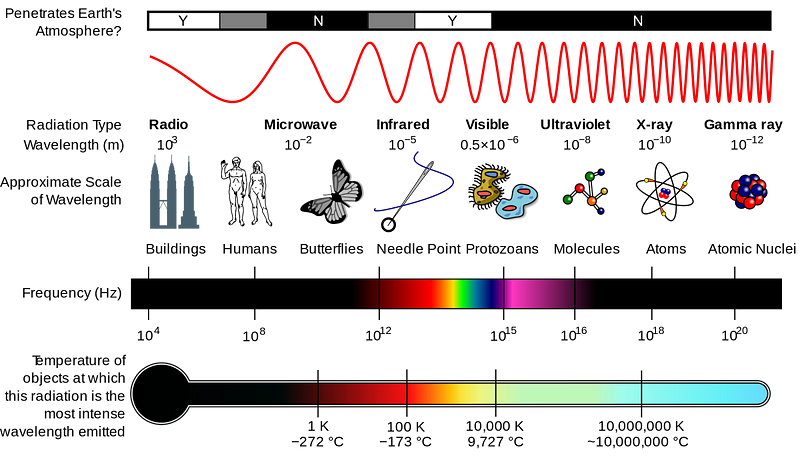
The electromagnetic spectrum encompasses a range of energies, from low-energy microwaves to high-energy gamma rays. While we commonly interact with visible and infrared radiation, other forms, including microwaves, are constantly present around us. This includes natural and human-made signals, such as WiFi, 3G, 4G, and 5G.
Higher-energy forms of radiation, such as ultraviolet, X-rays, and gamma rays, can be harmful in substantial doses. However, moderate exposure typically does not pose a threat.
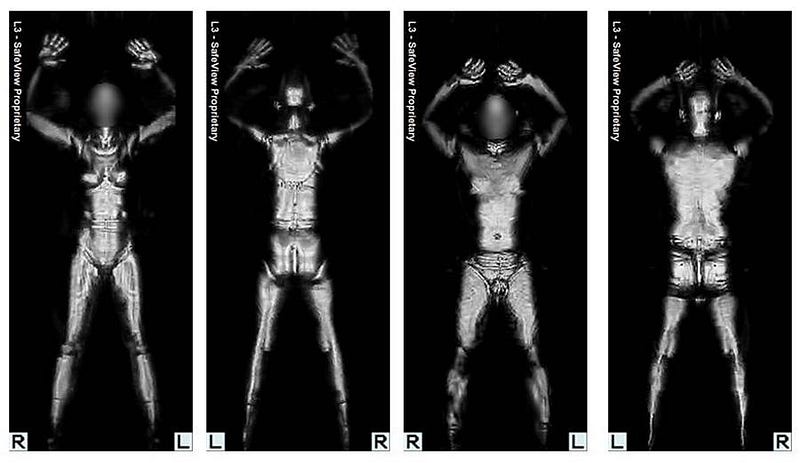
Radiation interacts with matter in three primary ways: it may be reflected, absorbed without causing damage, or absorbed to the extent that it ionizes electrons. The ionization process can result in cellular damage, which is why protective measures, such as sunscreen against UV rays or lead shields during X-rays, are essential.
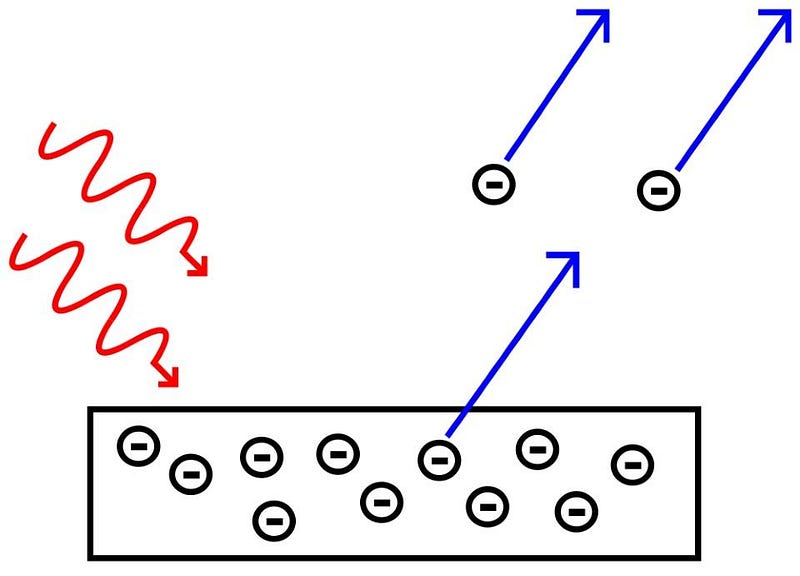
Only ionizing radiation poses significant risks to biological organisms. Non-ionizing radiation, like that from WiFi and 5G, can potentially cause damage through thermal effects, but only at excessive levels of exposure.
Given the widespread concerns regarding the safety of 5G, it is essential to evaluate the evidence. Critics, such as Joel Moskowitz from Berkeley, argue that WiFi has led to numerous health issues and advocate for caution regarding 5G, citing its classification as possibly carcinogenic by the World Health Organization.
However, this classification is often misinterpreted. Many substances, including common items like coffee and nickel, fall into this category without being directly harmful. The critical factor lies in the energy absorbed by the body from radiation sources.
When wireless devices operate, they emit signals that decrease in intensity with distance. Holding a radio close to your body exposes you to more radiation than a 5G device in your pocket. The cumulative exposure from multiple devices, even in crowded places, remains within safe limits.
Dr. Alex Berezow from the American Council on Science and Health supports the stance that 5G is safe based on extensive research. He suggests that only if substantial evidence arises to the contrary should we reconsider our position.
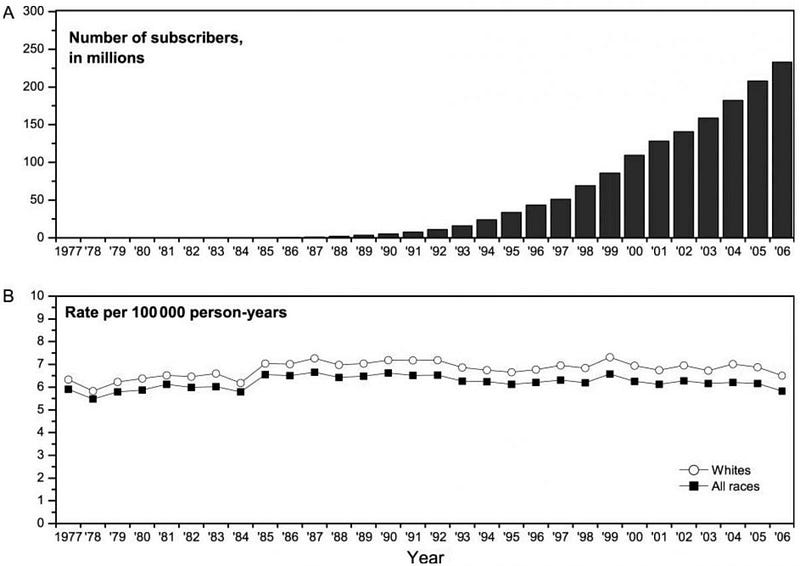
From a theoretical standpoint, there are no substantial reasons to fear 5G technology. Workers in the telecommunications industry who are most exposed to RF radiation do not exhibit higher cancer rates compared to the general public, despite their increased exposure levels.
Safety measures, such as maintaining a distance from powerful radiation sources, ensure that individuals remain protected. For instance, the RF exposure limit for workers is significantly higher than for the general population, yet they have not reported increased health issues related to WiFi.
The rollout of 5G technology promises revolutionary advancements. It will enhance speeds for everyday consumers and pave the way for transformative technologies across various sectors, including autonomous vehicles and smart home devices. The Internet of Things will thrive with the connectivity that 5G provides.
While genuine dangers exist in our world, 5G technology is not among them. As society navigates these advancements, it is crucial to base our understanding on scientific evidence rather than fear or ideology. Embracing this knowledge allows us to fully benefit from a safe, interconnected future.
Starts With A Bang is now on Forbes, and republished on Medium thanks to our Patreon supporters. Ethan has authored two books, Beyond The Galaxy, and Treknology: The Science of Star Trek from Tricorders to Warp Drive.